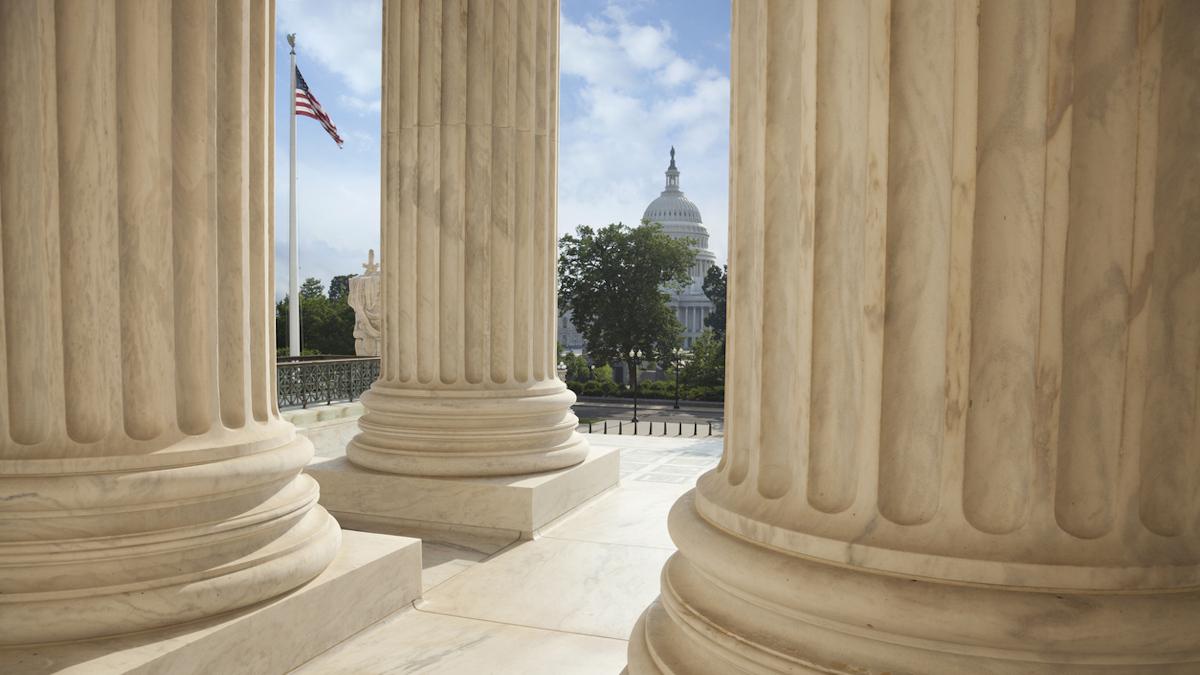BMS, J&J challenges to Medicare negotiations are thrown out

In another setback for the pharma industry, a US federal judge has rejected a bid to overturn the Medicare pricing negotiation brought by Bristol-Myers Squibb and Johnson & Johnson.
Judge Zahid Quraishi came down on the side of the US government in the case, heard in New Jersey, which challenges the legality of the negotiation powers introduced by the Biden administration as part of the wide-ranging Inflation Reduction Act (IRA).
In his summation, Quraishi said BMS and J&J had not shown that allowing Medicare to negotiate the prices of their drugs amounted to illegal ‘physical taking’ of their property, concluding that the companies were free to stop participating in Medicare – or divest the products in question – if they do not wish to participate.
That finding that there is no constitutional property interest at play is consistent with the outcome of earlier lawsuits, suggesting the pharma industry may have to change its strategy if it is to mount a serious challenge to the government’s plans.
BMS’ anticoagulant Eliquis (apixaban) and J&J’s anticoagulant Xarelto (rivaroxaban) and immunology therapy Stelara (ustekinumab) are included among the list of 10 medicines that are first in line for Medicare pricing negotiation. Pfizer-partnered Eliquis brought in around $8.6 billion in revenues for BMS last year, while J&J booked $2.4 billion and $10.9 billion, respectively, from Xarelto and Stelara.
After the negotiation period, the new prices will be announced on 1st September 2024 and will go into effect on 1st January 2026 – depending on the outcome of several legal challenges. Future editions of the list will see the number of drugs included rise sharply to around 50 a year.
To date, the federal government has won the initial skirmishes in all the legal battles, and the latest verdict follows the rejection of challenges by AstraZeneca in Delaware court and the Pharmaceutical Research and Manufacturers of America (PhRMA) trade organisation in Texas, as well as another rebuff in a case brought by the US Chamber of Commerce in Ohio last year.
PhRMA has already appealed the decision in its case, and a hearing on that is due to take place later this week. BMS, meanwhile, has said it will also challenge the latest ruling.
Last month, the US Department of Health and Human Services (HHS) said that all the drugmakers involved in the first round of negotiations had engaged with the process by filing counteroffers.
And President Joe Biden claimed in a combative State of the Union address in March that the federal deficit had been cut by $160 billion “because Medicare will no longer have to pay those exorbitant prices to Big Pharma.”
Photo by Bermix Studio on Unsplash













